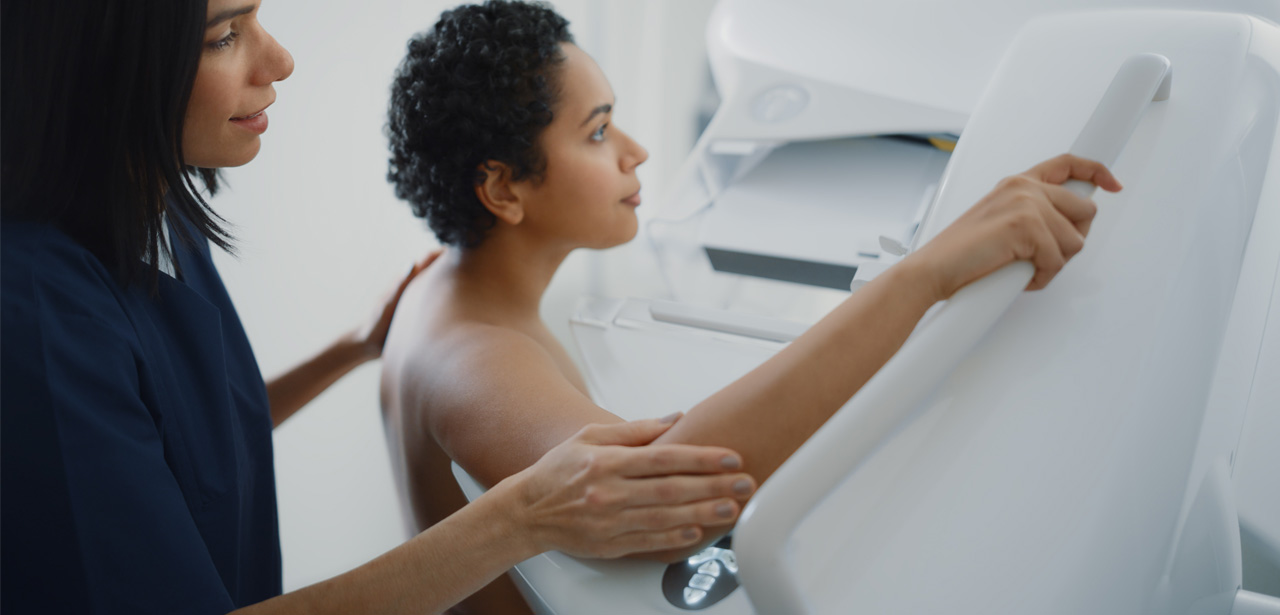Aims: Anxiety and depression are common after SARS-COV-2 infection and are included among the symptoms that define post-COVID-19 condition (PCC). They may also, at least partly, constitute risk factors and consequences of PCC. The objective of this study was to assess the associations between anxiety and depressive symptoms and PCC by exploring the direction of these associations and their relevance in the definition of the PCC. Methods: This was a nationwide survey among French adults, recruited between March and April, 2022, using a quota method to capture a representative sample of the general population with regard to sex, age, socioeconomic status, size of the place of residence, and region. We included all participants meeting the WHO definition of PCC in addition to a random sample of participants infected with SARS-COV-2 for at least 3 months but without PCC. We used measurements such as self-reported anxiety and depressive symptoms, chronic anxiety and depression (for more than 3 years), and anxiety and depression measured using the GAD-2 and PHQ-2 questionnaires, respectively. Results: In a sample of 1,095 participants with PCC and 1,021 participants infected with SARS- COV-2 without PCC, 21% had self-reported anxiety and 18% self-reported depression, while 33% and 20% had measured symptoms of anxiety and depression, at the time of the survey, respectively. The high prevalence of these symptoms cannot only be explained by the characterization of PCC, since only 13.4% of anxiety symptoms and 7.6% of depressive symptoms met the WHO criteria for PCC. Only one participant met the WHO criteria based on self-reported anxiety or depressive symptoms alone, as they were always combined with other symptoms in patients with PCC. Chronic symptoms were associated with PCC (aOR 1.27; 95%CI 1.00-1.61). In addition, measured anxiety was associated with PCC (aOR=1.29; 95% 1.02-1.62). Conversely, we found no association between measured anxiety and depression and length of time since SARS-COV-2 infection in participants with PCC. Conclusions: Pre-COVID-19 chronic anxiety and depression may play a role in the development of PCC or share vulnerability factors with it. Our results challenge the inclusion of anxiety and depression in the definition of PCC.
Auteur : Tebeka Sarah, Carcaillon-Bentata Laure, Decio Valentina, Alleaume Caroline, Beltzer Nathalie, Gallay Anne, Lemogne Cédric, Pignon Baptiste, Makovski Tatjana T, Coste Joël
European psychiatry, 2023, p. Online ahead of print


